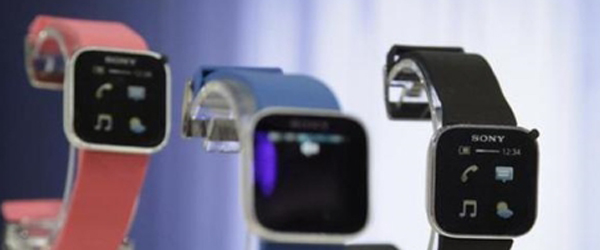
SF News – Windows 8 failed to boost PC sales and now vendors are scrambling to find the next big thing. Companies such as Google, Apple, Samsung, LG and Microsoft are all said to be interested in wearable technology, and according to The Guardian, Dell is “exploring ideas in that space” as well.
Sam Burd, Dell’s global vice president of personal computing, noted that while there are “challenges in cost, and how to make it a really good experience,” he believes that wearable computing devices are very interesting and appealing to consumers. Burd explained that devices and form factors will “continue to change” over the next five years, adding that “we’re looking at a world of lots of connected devices.”
The notion of being fashionably smart is getting a makeover as Internet-linked computers get woven into formerly brainless attire such as glasses, bracelets and shoes.
A wearable computing trend is at the heart of the “quantified self” movement in which people track anything from how many calories they burn to how well they sleep or their moods at any given moment.
“We are heading for the wearable computing era,” Gartner analyst Van Baker told AFP. “People are going to be walking around with personal area networks on their bodies and have multiple devices that talk to each other and the Web.”
Understandably, the trend has found traction in fitness with devices such as the Jawbone UP, Nike’s FuelBand, and Fitbit keeping tabs on whether people are leading active, healthy lifestyles.
The devices use sensors to detect micro movements and then feed information to smartphones or tablets, where applications tap into processing power to analyze data and provide feedback to users.
San Francisco-based Jawbone jumped into wearable computing years ago, building electronic brains into stylish wireless earpieces and speakers for smartphones.
Jawbone recently added muscle to its lineup of fitness lifestyle devices with a deal to buy BodyMedia.
BodyMedia makes armbands used to track caloric burn of fat-shedding competitors on US reality television show “The Biggest Loser.”
“There’s an enormous appetite for personal data and self-discovery among consumers that will only continue to grow,” said Jawbone chief executive and founder Hosain Rahman.
A Forrester Research survey conducted early this year found that six percent of US adults wore a gadget to track performance in a sport, while five percent used a gadget like UP or Fitbit to track daily activity or how well they sleep.
Worldwide shipments of wearable computing devices could climb as high as 30 million units this year, according to Forrester.
Interest goes beyond fitness to desire for things like a gadget that recommends films based on wearers’ moods and one that replaces keys when it comes to unlocking cars or homes, the survey indicated.
“It is just amazing,” said engineering professor Asim Smailagic, director of a wearable computer lab at Carnegie Mellon University in Pennsylvania. “We will see an exciting future ahead.”
Smailagic began working on wearable computing at the university about 25 years ago, with projects including head worn displays that serve up technical information when needed during aircraft maintenance.







